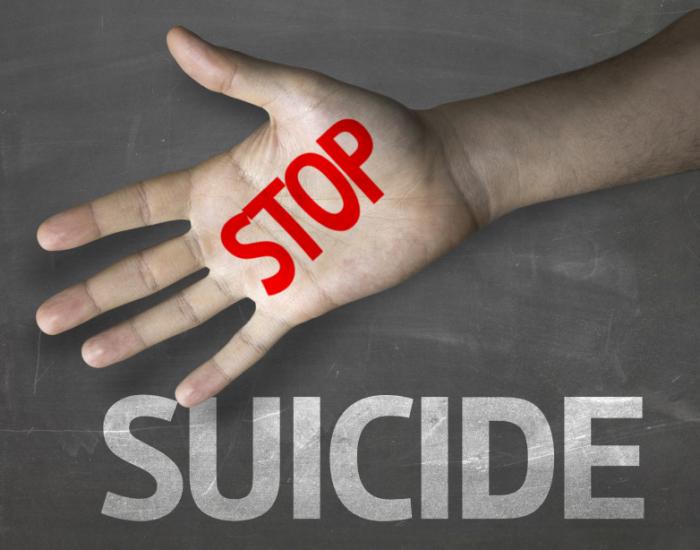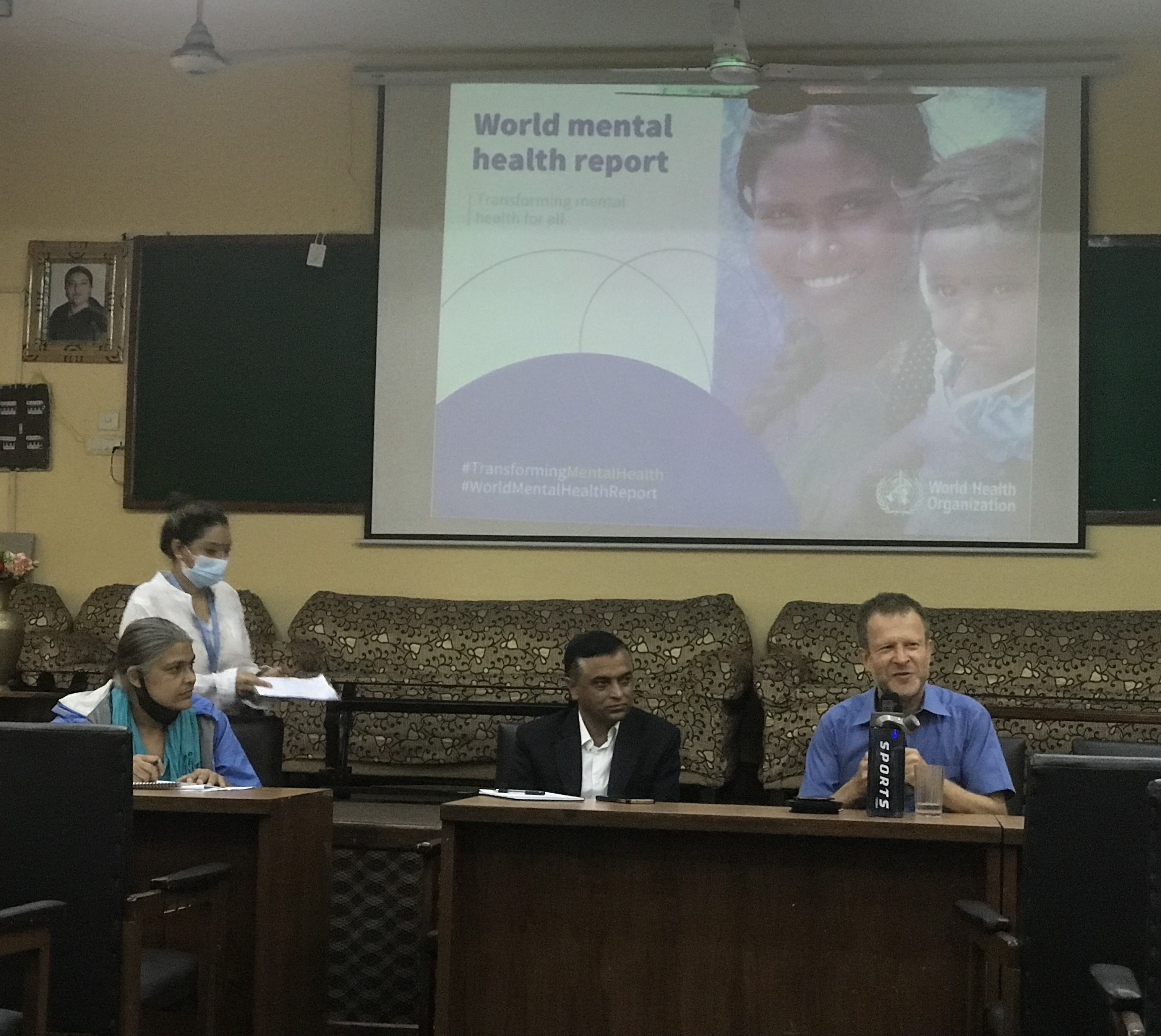Life & Health

The growing number of suicide cases over the last five years has prompted the authorities to rethink how mental health problems are customarily handled in Nepal.
On an average, 17 people commit suicide per day in Nepal, according to a Nepal Police report, which has noted that the suicide rates have gone up in the last five years.
“A majority of these suicide cases are linked to depression, which often goes undiagnosed due mainly to stigma attached with psychiatric treatments and use of psychedelic drugs,” said Prof. Dr Saroj Prasad Ojha, head of psychiatry department, Tribhuvan University Teaching Hospital.
“Most people with mental health conditions in Nepal and across the world go untreated,” said Dr Mark Van Ommeren, head of Mental Health Unit, WHO.
Severe depression is a major cause behind most of these cases, according to doctors.
“Other causes are family issues, substance use, natural calamities, sudden emergence of a disease, social and economic stresses,” said Dr Ojha.
Number of suicide cases in Nepal
| Fiscal Year | Kathmandu Valley | Nepal |
| 2017-18 | 508 | 5443 |
| 2018-19 | 532 | 5787 |
| 2019-20 | 558 | 6252 |
| 2020-21 | 552 | 7141 |
| 2021-2022 (July 15) | 473 | 6132 |
(Source: Nepal Police)
Untreated mental disorders lead to higher number of suicides, according to the doctors.
Stigma and misconceptions about mental health in Nepal have worsened the situation.
“People with mental illness are referred to as being possessed by the spirit or black magic in Nepal. They are locked up in rooms and are even tied with chains,” said Dr Ananta Adhikari, director at Patan Mental Hospital.
All this has shown a strong need for advocacy and treatment of mental health illness.
“There is a treatment gap. People do not have proper information about the availability of mental health services. Lack of trained human resources, lack of government policies on handling mental health issues and lack of public awareness have had adverse effects in the treatment,” said Dr Ojha.
Doctors point out the need to change the customary approach to handling mental health illnesses to decrease the number of suicides.
“The use of technology should be modified in both advocacy and treatment of mental health illnesses,” said Dr Adhikari.
Awareness raising, active case-finding in the community, counselling, strengthening referral, medicine supplies and monitoring mechanisms within services will help in decreasing mental illnesses in Nepal, doctors said.
Families and communities can play an important role in curbing the number of suicide cases.
“People who have attempted suicide need to be accepted both in the family and community. They should be given the emotional support they need,” said Dr Ojha. “People with mental health issues should receive positive counselling so they can emotionally ventilate their problems,” said Dr Ojha.
WHO Report
World Mental Health Report: Transforming Mental Health, launched by the World Health Organization, highlights the latest scientific evidence, showcases examples of good practice from around the world, and gives voice to people’s lived experience of mental health conditions.
The report calls for three fundamental transformations – deepening the value and commitment to mental health, reshaping environments that influence mental health and developing and strengthening community-based mental health practices.

The report, released in Nepal recently, calls on all stakeholders to work together to deepen the value and commitment given to mental health, reshape the environments that influence mental health, and strengthen the systems that care for mental health.
What can Nepal learn from the report?
Drawing on the latest evidence available, showcasing examples of good practice from around the world, and voicing people’s lived experience, the WHO report highlights why and where change is most needed and how it can best be achieved.
Nepal can learn about how digital technologies can be used to train health care workers, to inform and educate public about mental health.
Nepal can adopt the modality of national bans on highly hazardous pesticides and reduction in deaths by suicide as adopted by Sri Lanka, Dr Adhikari suggested. Sri Lanka has banned 36 highly hazardous pesticides since 1984.
The speakers attending the report release event also raised their concerns about the budget allocated in the mental health sector.
“The budget in the mental health should be increased,” said Dr Ommeren.
“A budget of five million has been sent to each province for procurement of 11 types of drugs necessary for treatment of mental health illnesses,” said Dr Phanindra Prasad Baral, non-communicable disease and mental health section chief at Epidemiology and Disease Control Division.
The countries must embed promotion and prevention within health services, provide support in non-health settings, advocate for and advise on determinants and establish mechanisms for collaboration to tackle mental health problems, the report says.
Nepal must develop and strengthen community-based mental health services. Integrating mental health services in primary health care will help in meeting the mental health needs, it further suggests.

_11zon1681280198.jpg)




